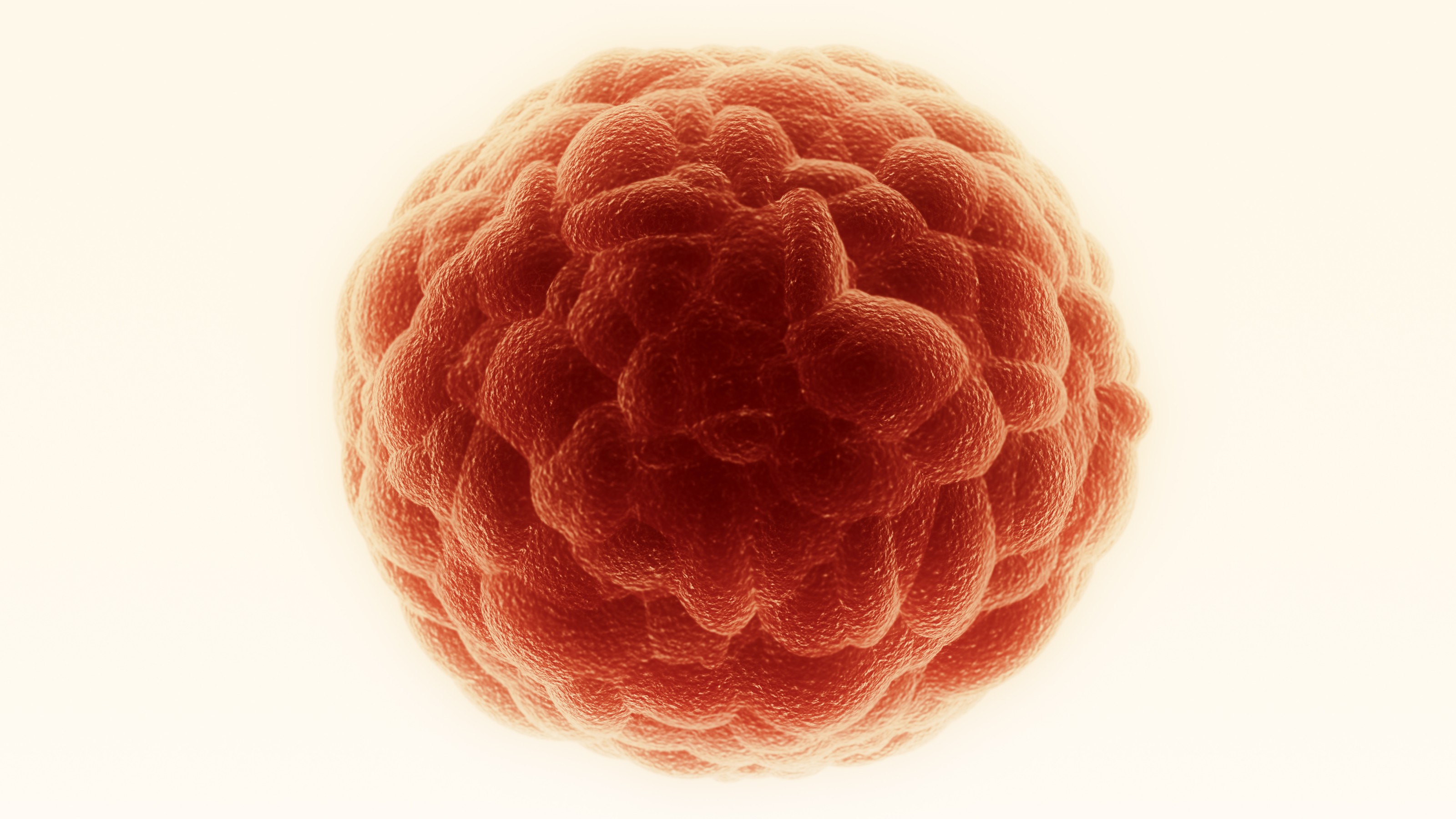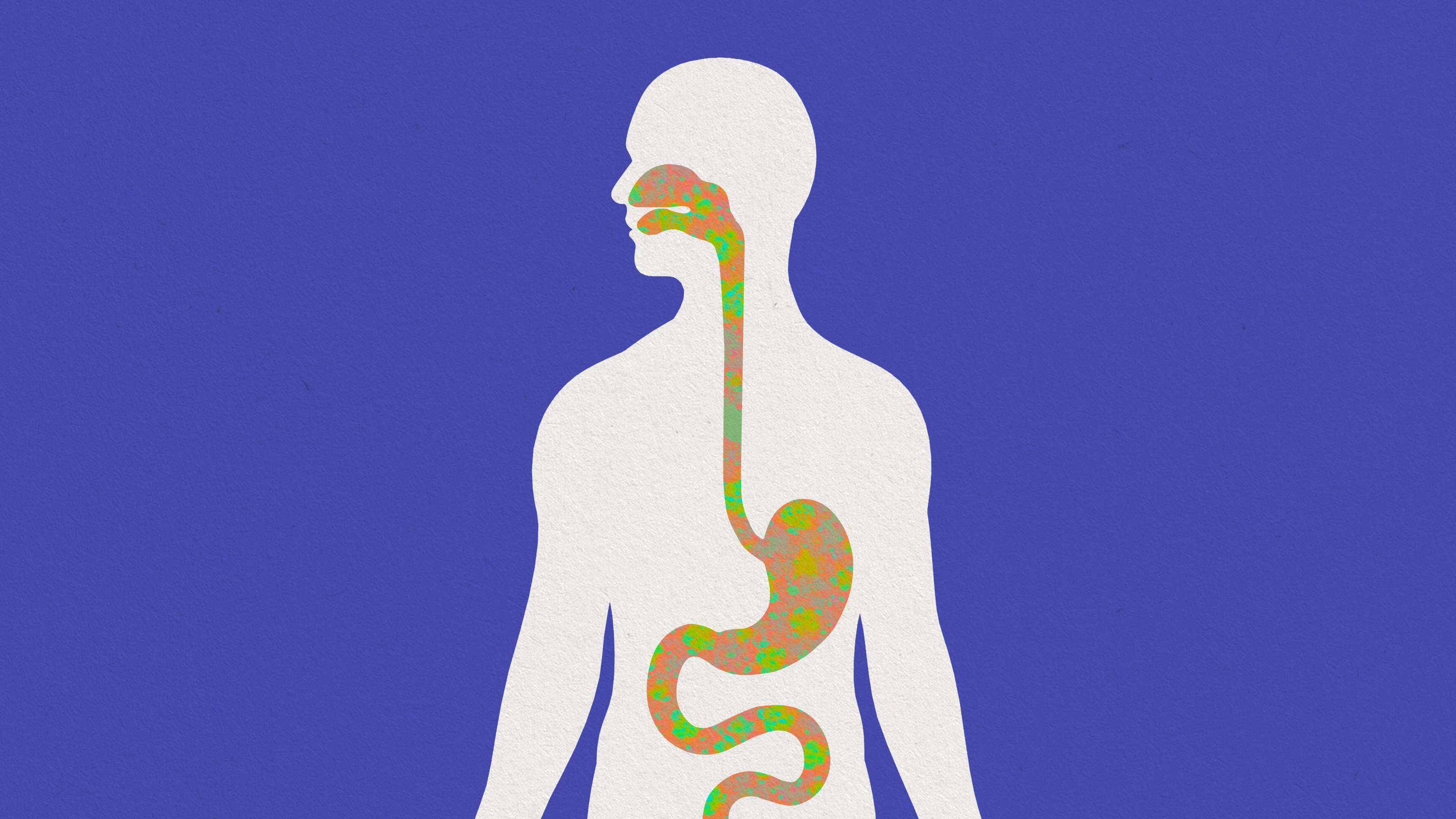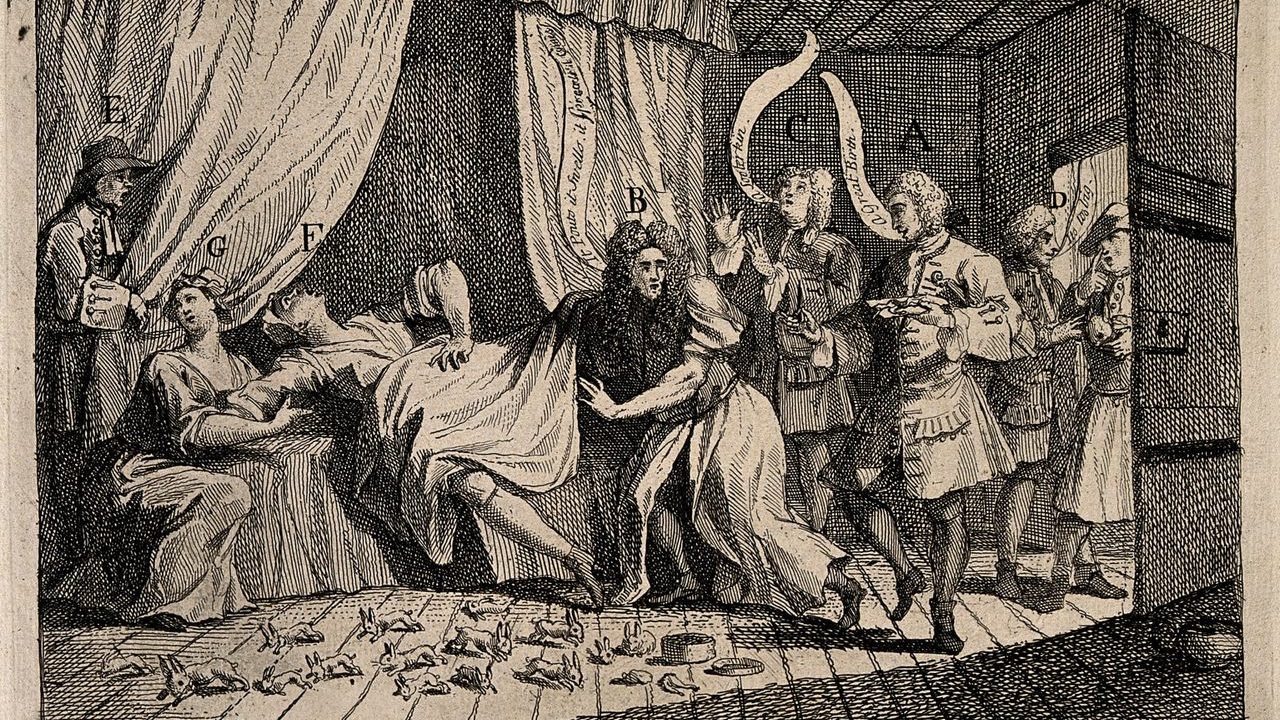Dr. Morgan Levine, author of True Age, explains how the impact of diet on aging and longevity is determined by three factors: quantity, quality, and timing of food intake.
First, caloric restriction — typically a 20% reduction in overall calorie intake — has been linked to increased lifespan in several animal models. However, the positive effects may stem from avoiding overeating rather than restriction per se. Second, a plant-based diet, with less animal products and refined sugars and more fruits, veggies, and whole foods, seems beneficial for aging and longevity. Third, fasting, or limiting eating to specific time windows, might mimic the benefits of caloric restriction by causing “hormesis,” an adaptive response to mild stressors that boost resilience to aging-related changes.
The optimal diet is likely individual, influenced by factors like genetics and age, and should be monitored through measures of biological age and personal well-being. Future research into aging biomarkers could further our understanding of diet’s role in the aging process.
MORGAN LEVINE: Diet is the behavior that's been studied the most in terms of trying to affect things like aging and longevity- and what scientists end up leaning on is what we call 'epidemiological' or observational data. They compare the diets that different people eat, and then they look at the features of those people using things like biological aging or disease risk or life expectancy.
Do certain diets tend to correlate with certain outcomes? There are really three components of diet that seem to be impacting aging: So the first is how much we eat, the second is what we eat, and the third is when we eat.
So in terms of how much we eat, a lot of science went into this idea of caloric restriction. Caloric restriction isn't starvation. It's usually just about a 20% reduction in the overall calorie intake. In a lot of different animal models, so anything from a worm, fly, mouse, people have seen that when animals are caloric restricted, they tend to live longer.
When trying to figure out if something like caloric restriction is actually beneficial to the aging process in terms of slowing aging, one caveat is that humans today are not at baseline; we're actually more prone to overeating. So some researchers have figured out that it might not be the caloric restriction that's actually the beneficial thing. So even if you can't restrict your calories, just moving away from overeating is probably gonna have a beneficial effect for most people.
The other thing that's been studied is this concept of what we eat. A lot of research has gone into whether things like a plant-based diet are actually beneficial to aging and longevity. And there seems to be some evidence that eating less animal products, more fruits and veggies, more whole foods is gonna be better overall; and also minimizing things like refined sugars, and the things that we know are bad for our health.
The third comes down to when we eat, and this is really a new field in aging and longevity science. So again, most people aren't gonna be able to calorically restrict, but what scientists found is actually fasting can mimic some of the benefits that we've seen with caloric restriction. So if people can perhaps minimize their eating to a small window, we think that this can actually recapitulate a lot of the benefits that we're seeing in the caloric restriction studies.
The idea of why things like caloric restriction or fasting might actually improve our aging process is because we think this evokes this idea of 'hormesis' in our bodies. What hormesis refers to is a mild stressor that actually makes our bodies more resilient and robust to stress over time. So having these short-term mild stressors, whether it be fasting or whether it be a small caloric deficit, actually makes our bodies more resilient against a lot of the changes we see that increase with aging.
It's not that easy to figure out what the optimal or ideal diet is for each of us, and we don't know exactly how things, like genetics, are going to predispose people to different diets, but one way to do this is to keep track of things like our biological age measures to see how our diet is affecting us. So if you were to completely change your diet or introduce something like intermittent fasting, do you see that reflected in your measures?
The other things are just, functionally, how you're feeling. So people who are older and more prone to things like muscle loss or weakness might actually need more protein than people who are younger, where science has shown that a low protein diet might be beneficial. So it's important to keep in mind that these things aren't set in stone, and really need to be considered on a personalized basis.
As we move forward in the science and develop more of these biomarkers of aging, I think this will really start to accelerate our understanding of how diet impacts the aging process. Our lifestyle and our behaviors are actually gonna be the biggest contributors to how fast we're aging.
NARRATOR: Get smarter, faster with videos from the world's biggest thinkers. To learn even more from the world's biggest thinkers, get Big Think+ for your business.







